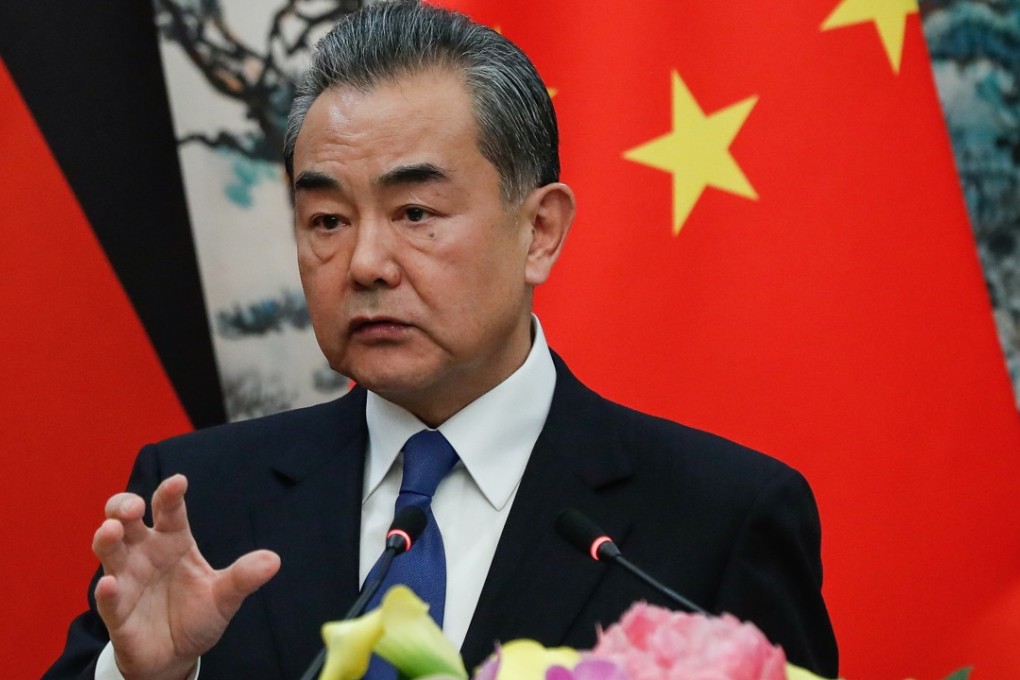Wang Yi turns spotlight on United States with claim China’s Apec amendment was vetoed
- Foreign minister blames protectionism and unilateralism for summit impasse after ‘reasonable advice for revision proposed by China’
- Beijing had also opposed the inclusion in Apec’s draft statement of a reference to unfair trade practices

China’s foreign minister has said Beijing was frustrated that its proposed amendment to a draft statement by leaders at the Apec summit was rejected by nations he accused of imposing a protectionist and unilateralist agenda on trade.
Wang Yi said China had suggested the amendment at the weekend’s Asia-Pacific Economic Cooperation (Apec) summit in Papua New Guinea, but that other countries “insisted on imposing their own text”.
Although he did not name any individual country, the statement followed Chinese President Xi Jinping and US Vice-President Mike Pence’s exchange of barbs at the summit over trade practices and their countries’ increasingly geopolitical rivalry.
For the first time, the 21 Pacific Rim leaders failed to reach a consensus on a joint statement to wrap up the economic dialogue in Port Moresby.
“It is by no means accidental that the meeting did not release the communiqué,” Wang said in a statement.
“It is mainly because some individual economies insisted on imposing their own text for a communiqué on other parties, excusing protectionism and unilateralism, and refused to accept reasonable advice for revision proposed by China and other parties.